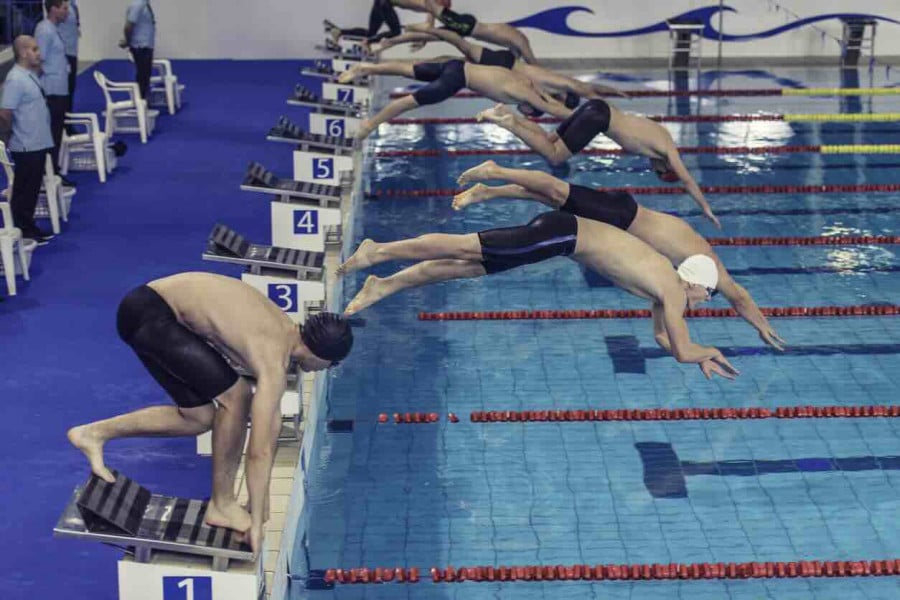WADA’s interim Cottier Report and a World Aquatics audit – What next with the Shijiazhuang 23?

This article provides an update on the latest developments in the ongoing case of the Shijiazhuang 23 athletes following the interim Cottier report and World Aquatics' audit.
As we enjoy the Paris Summer Olympics, questions linger about the World Anti-Doping Agency’s (WADA) and World Aquatics’ (WA) handling of media revelations earlier this year that in January 2021, 23 elite Chinese swimmers had tested positive to a prohibited substance (TMZ) at a domestic swim meeting held in the city of Shijiazhuang (the Shijiazhuang 23).
The update: what’s recently happened?
The author has previously written for LawInSport about the background to[1], and given an analysis of[2], the Shijiazhuang 23 affair. That assessment – given in the absence of access to the primary materials and prior to a WADA-commissioned investigation (the Cottier Report) and a WA audit of the matter – concluded that WADA and the WA’s approach was, to borrow the language of administrative law, not unreasonable in the circumstances.
The subsequent release of the interim Cottier report[3] on 9 July 2024 and the WA audit[4] a week later, concluded similarly i.e., that both bodies acted reasonably.
The report attracted immediate criticism led by, among others, USADA,[5] which continues to (a) question the neutrality of the appointed investigator; and (b) call for full transparency i.e., the release of the full “China dossier”, especially the actual scientific and testing data relied on by CHINADA and WADA in determining that what occurred was due to environmental contamination.
In June 2024, USADA presented to a Congressional hearing[6] into this matter. WADA did not attend[7]. The hearing occurred against the background of further media revelations in the US that three of the Shijiazhuang 23 had, according to the New York Times[8], tested positive several years earlier for a different performance-enhancing drug (not TMZ) but allegedly had, again, neither been publicly identified nor suspended.
Criticism of the WA audit followed a similar vein, with Bill Bock[9], a US member on the World Aquatic Integrity Unit’s Anti-Doping Advisory Body (ADAB), also questioning why (a) WA had established an ad hoc anti-doping audit review committee to review the matter rather than permit the ADAB to conduct that review; and (b) the ad hoc review committee did not, as it could have, recommended that WA immediately “bring forward the 23 positive cases for a hearing so that the full consequences for positive drug tests under the World Anti-Doping Code could be imposed.”
To continue reading or watching login or register here
Already a member? Sign in
Get access to all of the expert analysis and commentary at LawInSport including articles, webinars, conference videos and podcast transcripts. Find out more here.
- Tags: Anti-Doping | China | Olympics | Paris 2024 | Swimming | USADA | WADA
Related Articles
- The Shijiazhuang 23 (Part 1) – The Investigation: New York Times, ARD & USADA vs CHINADA & WADA
- The Shijiazhuang 23 (Part 2) – Why didn't WADA challenge CHINADA’s decision? And should they have done?
- The Shijiazhuang 23 (Part 3) – What comes next? And what are the lessons for future anti-doping investigations?
Written by
Jack Anderson
Jack Anderson is a Professor of Law at the University of Melbourne. He has published extensively on sports law, and most recently A Concise Introduction to Sports Law (Edward Elgar, 2024).
He is a member of World Athletics’ Disciplinary Tribunal and the integrity unit of the International Hockey Federation. He is an Ethics Commissioner for the International Tennis Federation and World Boxing. Jack is an arbitrator on Football Australia’s National Dispute Resolution Chamber, the National Sports Tribunal of Australia, and Sport Resolutions UK.

 Global Summit 2024
Global Summit 2024